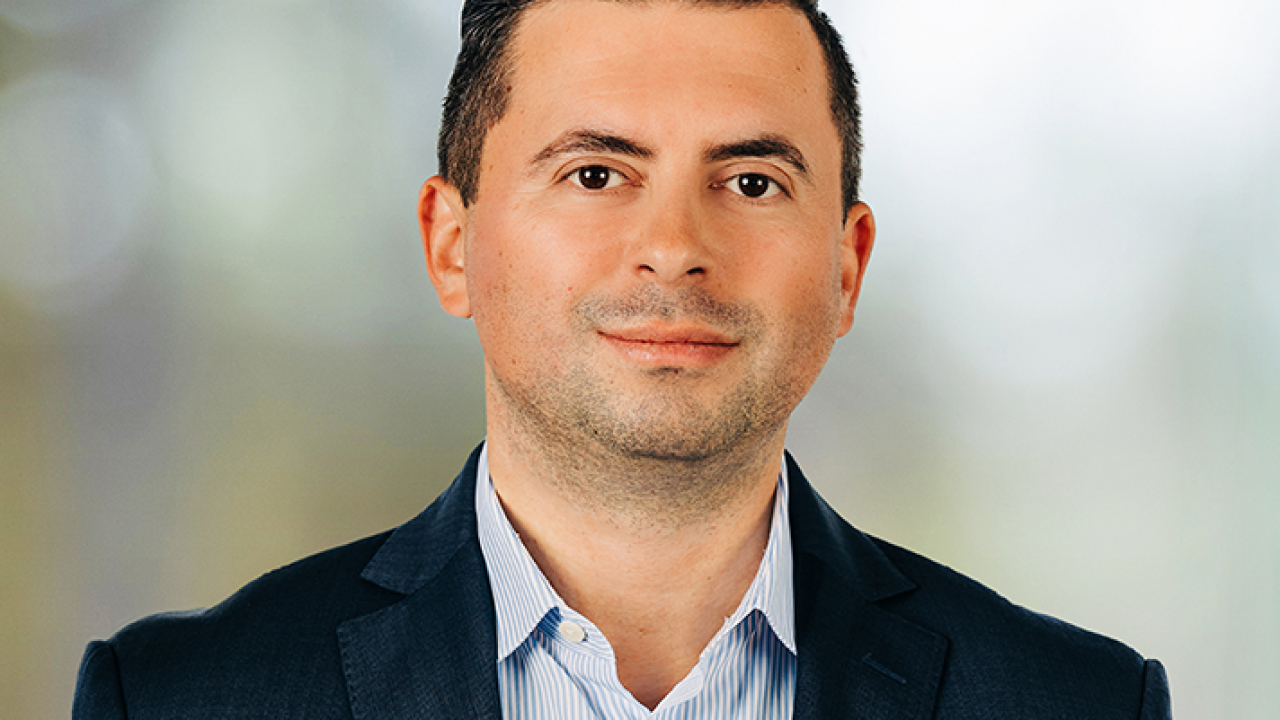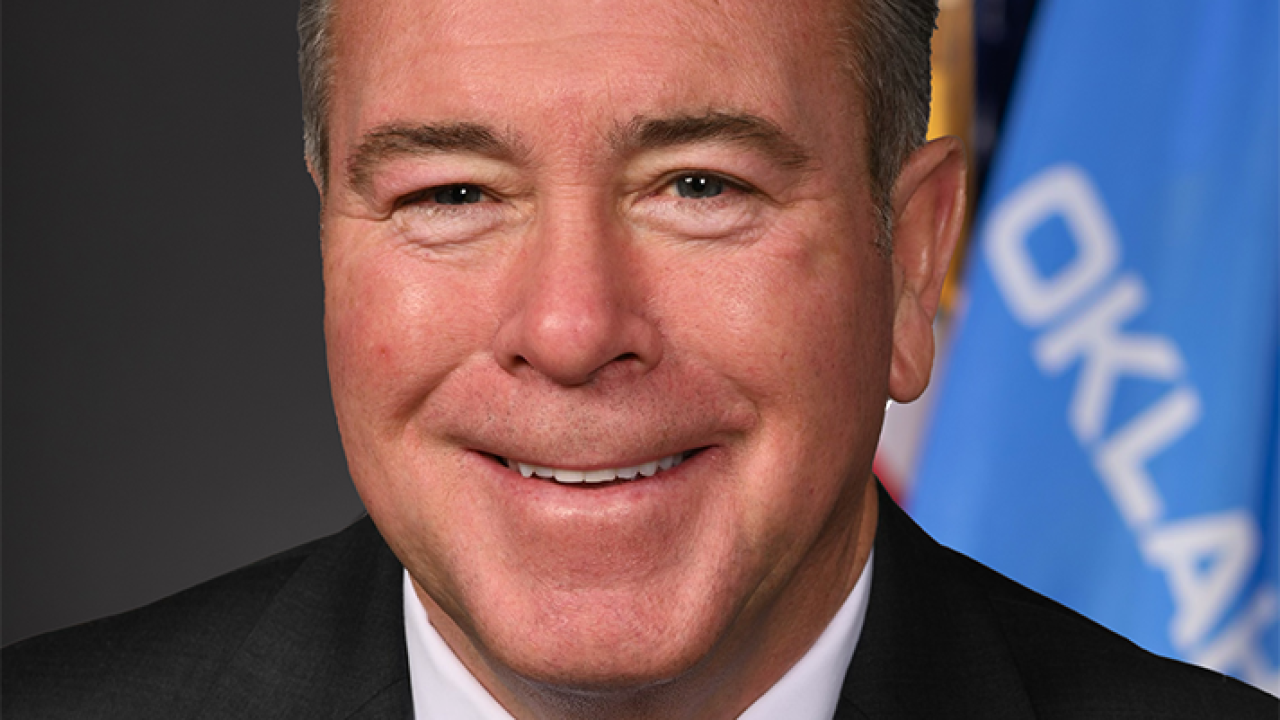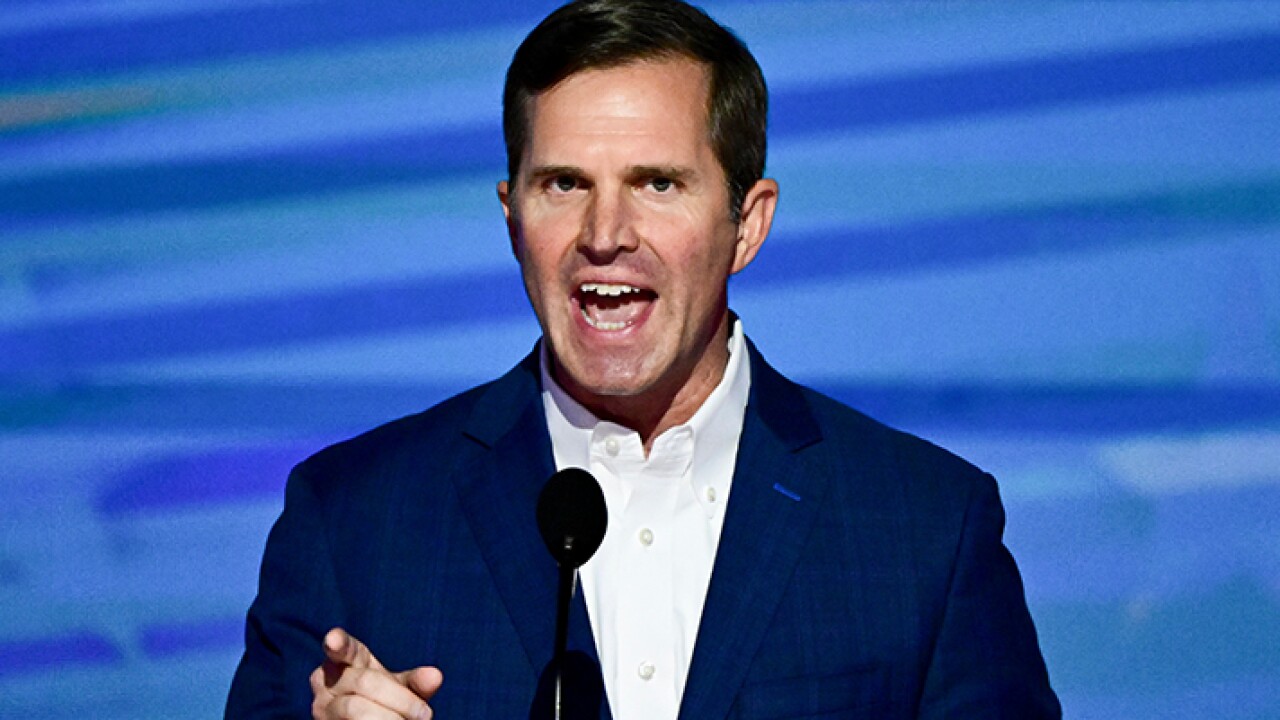CHICAGO - Chicago mayoral challenger Jesus "Chuy" Garcia offered up ideas for freeing up city revenue in a financial plan that left unanswered questions over how he would tackle the city's staggering pension woes.
The plan is unlikely to appease a municipal market wondering how a Garcia administration would stave off any further deterioration of the city's battered credit ratings or provide insight as to whether any familiar municipal veterans have Garcia's ear.
Alongside him Friday at the University of Illinois Chicago was city council member Scott Waguespack, an Emanuel critic; Dean Baker, co-director of the Center for Economic and Policy Research; and Robert Ginsburg of the Urban Transportation Center.
The proposals outlined Friday could free up an estimated $500 million, said Garcia, currently a Cook County board commissioner who previously served in the city council and state General Assembly.
Garcia's plan relies on carving out $250 million to $300 million in savings from operational service improvements, additional sharing of services and coordination with Cook County to save $35 million, tax-increment financial reforms that could generate $150 million next year, and pension investment fee changes to save $50 million.
A campaign debate has centered on how the city will pay for a $550 million spike in its police and firefighters pension funds under a prior state mandate that takes effect next year and how Chicago will cover rising payments due under city-sponsored, state-approved reforms to its municipal and laborers' funds. The city also could face a roughly $300 million operating deficit headed into the next year.
Neither candidate wants to commit to a property tax hike although analysts, investors, and other public finance participants all believe one is a foregone conclusion due to the size of the city's pension burden.
Emanuel has not ruled such a tax hike out and warned that one could be coming without state help. He countered Garcia's plan with the release Friday of his own fiscal agenda.
It labeled a property tax hike a "last resort" but warned "as it stands, without reform a property tax increase will be required in order to make the state-mandate payments Rahm's administration inherited unless the law is reformed."
During questioning Friday, Garcia acknowledged new revenue would be needed but steered clear of committing to any sources, saying only that if elected he would name a special committee of municipal experts to craft and recommend a plan to him.
In addition to solving the city's pension challenges, Garcia would need to come up with an additional $120 million to cover the cost of his proposal to bolster the city's police force by 1,000 and to eliminate red light cameras that generate about $70 million annually.
"I cannot at this point look at taxpayers in the eye and ask them to shoulder another burden before we have exhausted all other options and before we have looked at all possibilities and made sure that the very wealthy and that big corporations are paying their fair share of taxes," Garcia said in response to repeated questions on the topic.
When pressed on how he would pay for the spike in the police and firefighters' contributions, he said: "I will rely on the recommendations made by experts in the field shortly after I'm elected." He said discussions would be held with all "stakeholders."
Emanuel's campaign attacked Garcia's position.
"After four months of studying for the final exam, Chuy Garcia is telling Chicago voters he will hand in his homework after graduation. Today's stonewalling says zero about what Chuy would do to fund pensions and the budget, or where he would find new revenue," the campaign said in a statement.
Garcia left future pension cuts on the table for current employees but with conditions. "I do not support cutting benefits for current city employees until we have a dialogue and an agreement of the stakeholders, including organized labor."
When asked how he intended to reassure a nervous municipal market that he has the knowledge and abilities to stabilize city finances, Garcia said investors should "look at the experts we've consulted in the preparation of this white paper" and said he would rely on advisors who can aid the city in dealing with its finances in a "responsible manner."
Garcia has attacked Emanuel for failing to solve the city's fiscal woes. While the city's pension woes, rising debt payments, and structural budget deficits were inherited from the prior administration of Richard M. Daley, Emanuel has continued some fiscal practices used by Daley that include debt restructuring and borrowing to cover short-term expenses. He won passage of reforms for two pension plans but has pushed off the fiscal reckoning the public safety pension spike. He has cut the city's structural deficit in half.





